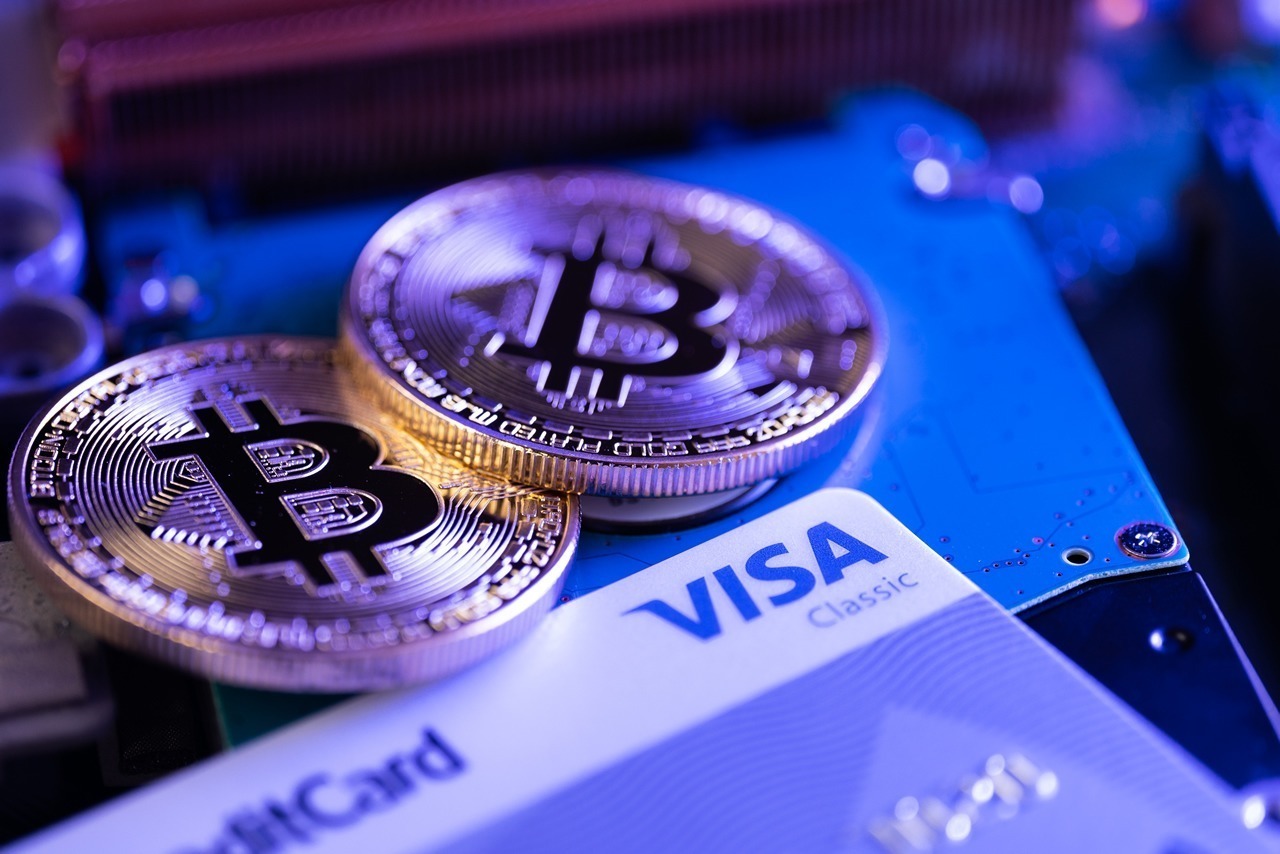By Sam Stein
The use of credit cards to acquire cryptocurrency (CCs) has been outlawed by various banks in the UK and the US, according to this week's news. The stated justifications, such as attempting to stop money laundering, gambling, and protecting the average investor from undue risk, are implausible. The banks' decision to permit debit card purchases is interesting since it makes it obvious that the only risks being covered are their own.
With a credit card, you can gamble at a casino, buy anything you want—including guns, drugs, alcohol, and pornographic material—but some banks and credit card corporations want to stop you from using their services to buy cryptocurrencies? There must be some plausible explanations that are not the ones given.
Banks are concerned about the difficulty of seizing CC holdings in the event of a credit card customer defaulting on payments. It would be considerably more challenging than taking back possession of a home or vehicle. The private keys of a crypto wallet can be stored on a memory stick or a piece of paper and transported out of the nation without leaving much of a trail. Some cryptocurrency wallets can contain a lot of money, and if the credit card debt is never paid off, the bank could suffer a substantial loss and a bankruptcy. The owner can access the private keys and then utilize a local CC Exchange in another country to convert and withdraw the funds while the crypto currency is still in the wallet. A sinister situation, undoubtedly.
While we categorically oppose this sort of illegal activity, the banks are aware of the danger and some of them wish to put a stop to it. With debit cards, this is impossible because the money always leaves your account right away and only if there is enough money in it to begin with. As a result, the banks are never out of pocket. We found the bank's claims on limiting risk-taking and gambling to be largely untrue. It's noteworthy that Canadian banks are avoiding this trend; perhaps they are aware that the justifications given for doing so are false. Investors and consumers now know that banks and credit card firms truly do have the power to impose restrictions on what you can buy with their credit card as a result of these activities. The majority of customers, especially those who shop at CC Exchanges and all the other retailers that have created Merchant Agreements with these banks, are probably surprised by this because it is not how they advertise their cards. The Exchanges and you have both done nothing wrong, but the banking sector's fear and greed are driving unusual things to occur. This highlights the extent to which the financial sector perceives a danger from cryptocurrencies.
The fiat money world and the CC world currently don't cooperate, trust, or understand one other very well. The lack of a central controlling body in the CC globe prevents legislation from being applied uniformly, leaving each nation to decide for itself what to do. While Singapore and Japan have elected to accept CCs, China has decided to outlaw them, leaving many other nations perplexed. They all share the desire to recoup taxes on revenues from CC investments. This is somewhat reminiscent of the early years of digital music, when unrestricted proliferation and dissemination of illegal music were made possible by the internet. The music industry (artists, producers, record labels) were willing to accept reasonable licensing fees as opposed to nothing, and listeners were willing to pay a little something for their music as opposed to constant piracy, which led to the development and acceptance of digital music licensing schemes. Future compromises between fiat and digital currencies are possible? There is optimism that customers will be treated with respect and not be burdened with excessive charges and unjustified limitations forever as people throughout the world get more and more fed up with outrageous bank profits and bank encroachment into their lives.
Blockchain and cryptocurrency technologies put more pressure on nations to reach a fair deal; this is a game-changer.


